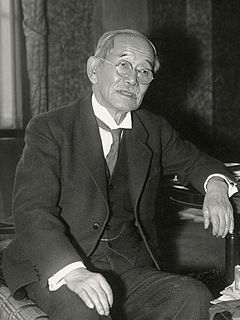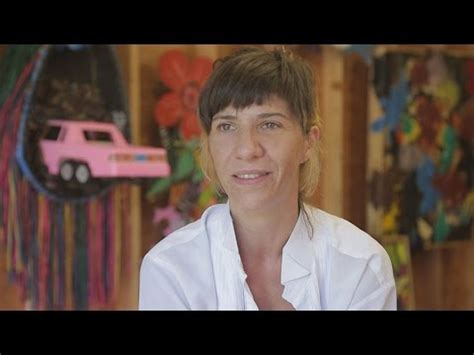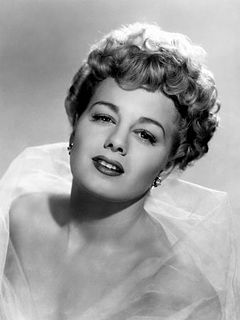A Quote by Susan Sontag
Self-exposure is commendable in art only when it is of a quality and complexity that allows other people to learn about themselves from it.
Quote Topics
Related Quotes
Museums are important. Design and art schools are important because they show how it should be done at the highest level of quality. Once people are exposed to quality, they recognize it right away and they appreciate it. People's tastes are changed by exposure to quality. Unless they can see it they can't want it. That's the brilliance of Apple - they provide quality in design.
It's a pity I am so impatient and careless, as any ordinary person could learn all the techniques of photography in a week. It is the democratic art, i.e. technical skill is practically eliminated - the more foolproof cameras become with focusing and exposure gadgets the better - and artistic quality depends only on choice of subject.
All types of knowledge ultimately lead to self-knowledge. So, therefore, these people are asking me to teach them, not so much how to defend themselves or how to do somebody in. Rather, they want to learn to express themselves through some movement, be it anger, be it determination or whatever. So, in other words, they're paying me to show them, in combative form, the art of expressing the human body.
I'm fascinated by what makes up a self, how one becomes a self, how much is it an answer to others and how much is it an essence of self. We learn how to be people from other people. Then you think - what's personal freedom? Is self-creation possible? This book is dedicated to a friend of mine who really did re-create herself. I didn't do that - I stayed in the circus and am a circus performer like my parents were. I did what I was raised to do - I'm glad I did but I'm fascinated by the people who managed to do something else. I was always very curious about other people.
They say that there are three kinds of people in the world. There are people who never learn one way or another anything; there are people who learn from their own mistakes, eventually and with great pain; and then there are the really wise people who learn from other people's mistakes and spare themselves the suffering.
On one planet [earth], and possibly only one planet in the entire universe, molecules that would normally make nothing more complicated than a chunk of rock, gather themselves together into chunks of rock-sized matter of such staggering complexity that they are capable of running, jumping, swimming, flying, seeing, hearing, capturing and eating other such animated chunks of complexity; capable in some cases of thinking and feeling, and falling in love with yet other chunks of complex matter.
To sing with other people and for other people, that's when you can really learn something about your voice. You can only learn so much if you create your own boundaries all the time. But then, other people can really teach you something. You know, if you're trying to sing with them, or if someone brings a style.
If we are to understand the human condition, and if we are to accept ourselves in all the complexity, self-doubt, extravagance of feeling, guilt, joy, the slow freeing of the self to its full capacity for action and creation, both as human being and as artist, we have to know all we can about each other, and we have to be willing to go naked.


































